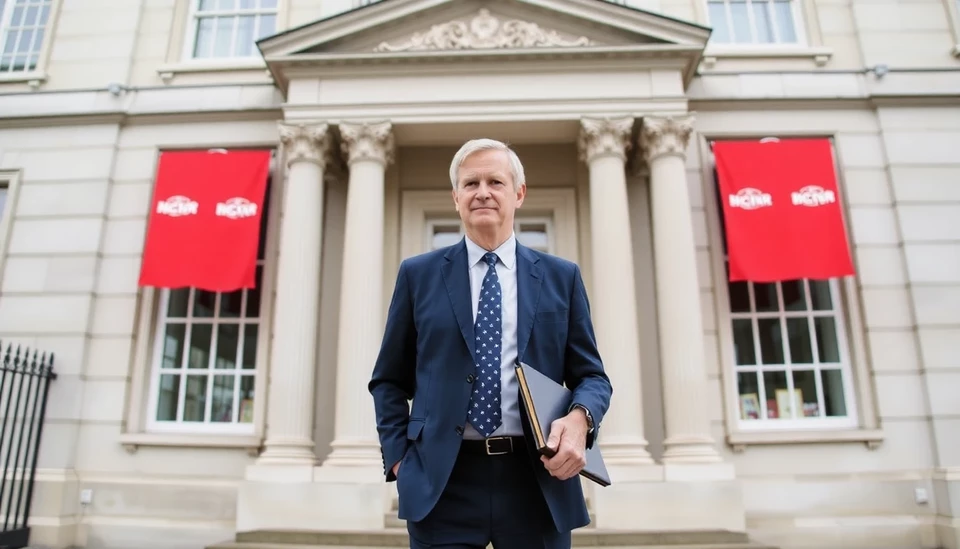
The United Kingdom has recently experienced noteworthy levels of wage growth, which are now coming under the spotlight as the Bank of England approaches a critical interest rate decision. Data released indicates that wages, excluding bonuses, surged by 6.9% in the three months leading up to February, presenting a robust picture of the labor market. This growth, while slightly below the previous reading of 7.0%, remains significant, underscoring ongoing pressures on inflation.
Economists had forecast a slowdown in wage growth, suggesting a rise to approximately 6.7%. The unexpected increase, particularly in the face of rising living costs, raises questions about the potential trajectory of monetary policy in the UK. Experts assert that the sustained wage growth could influence the Bank of England's forthcoming discussions regarding interest rates, which have already seen several increases over the past year as the central bank seeks to tackle inflation concerns.
In addition to wage growth, the unemployment rate remained unchanged at an impressive 4.0%. These figures reflect a labor market that is recovering robustly from the pandemic-induced recession, although there are growing concerns about the sustainability of this momentum. Job vacancies have started to decline, suggesting potential cooling in the employment sector, which may affect future wage growth and economic stability.
Despite the positive wage growth figures, many households continue to grapple with the impact of inflation, which has remained at elevated levels. The compounded pressure of rising prices alongside increased wages continues to challenge the Bank of England, which must weigh the risk of inflation against the need to support economic growth.
Now, as the Bank of England's Monetary Policy Committee prepares for its upcoming meeting, all eyes are on how these economic indicators will shape their decision-making process. Potential outcomes could see further interest rate hikes aimed at controlling inflation, as central bank officials monitor the evolving economic landscape closely.
Market participants are keenly awaiting any signals from the Bank of England regarding its approach to monetary policy changes. With inflation remaining a critical focus and labor market indicators showcasing resilience, the forthcoming decisions will undoubtedly have deep implications for both the economy and consumers alike.
This situation creates a dynamic environment that could result in significant changes to Britain’s monetary policy. As wage growth persists, the implications for inflation and interest rates remain an area of great interest and speculation.
In conclusion, the current state of wage growth alongside the resilience of the UK labor market sets the stage for an intriguing monetary policy showdown at the Bank of England’s next meeting. Investors and consumers alike will be closely monitoring these developments as they could significantly influence the future economic outlook for the UK.
#UKWages #BankOfEngland #InterestRates #EconomicGrowth #Inflation #LaborMarket
Author: Daniel Foster



